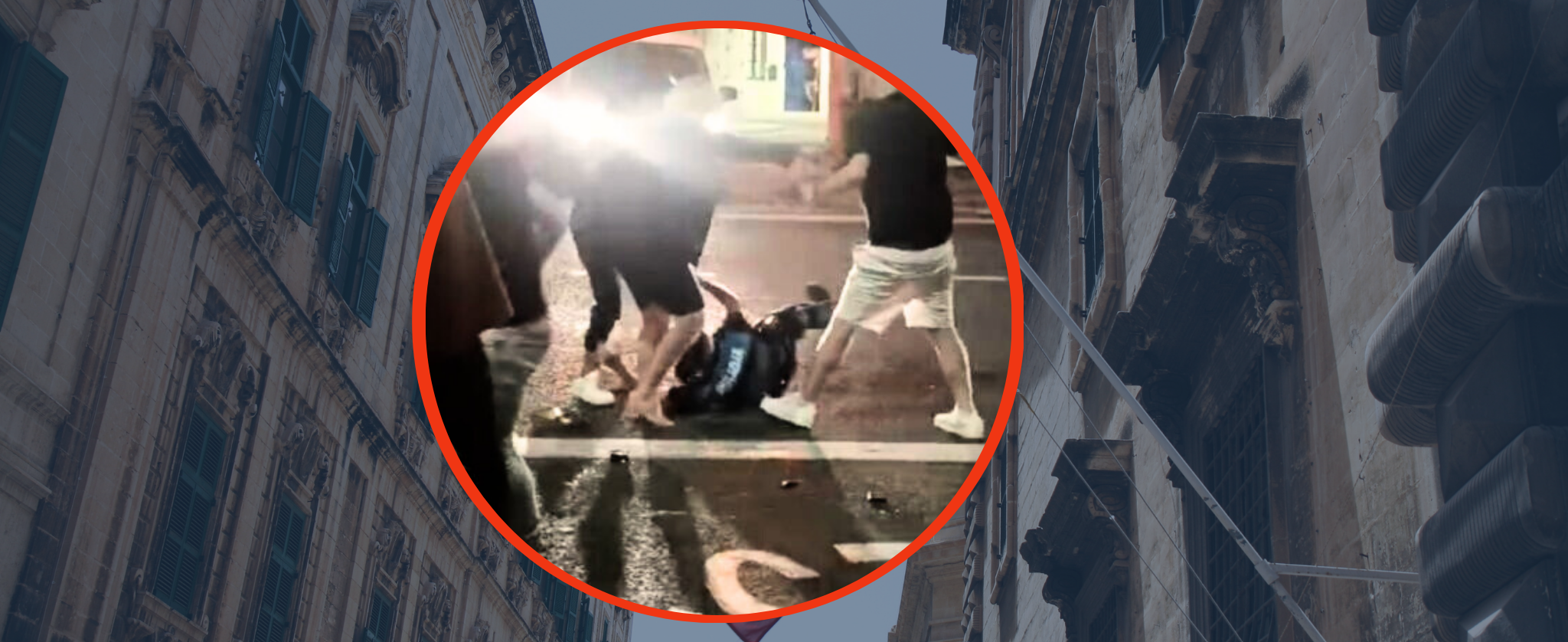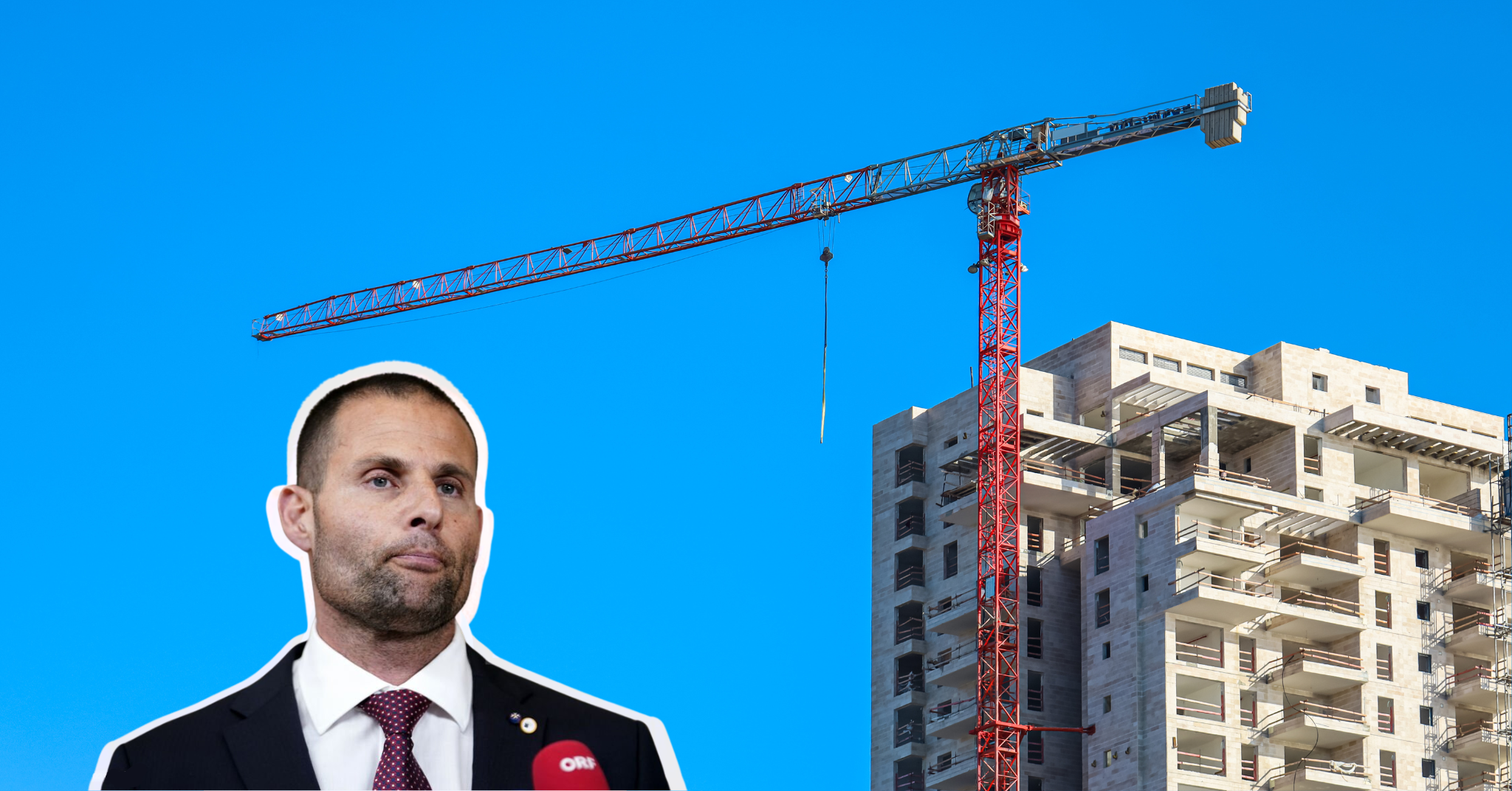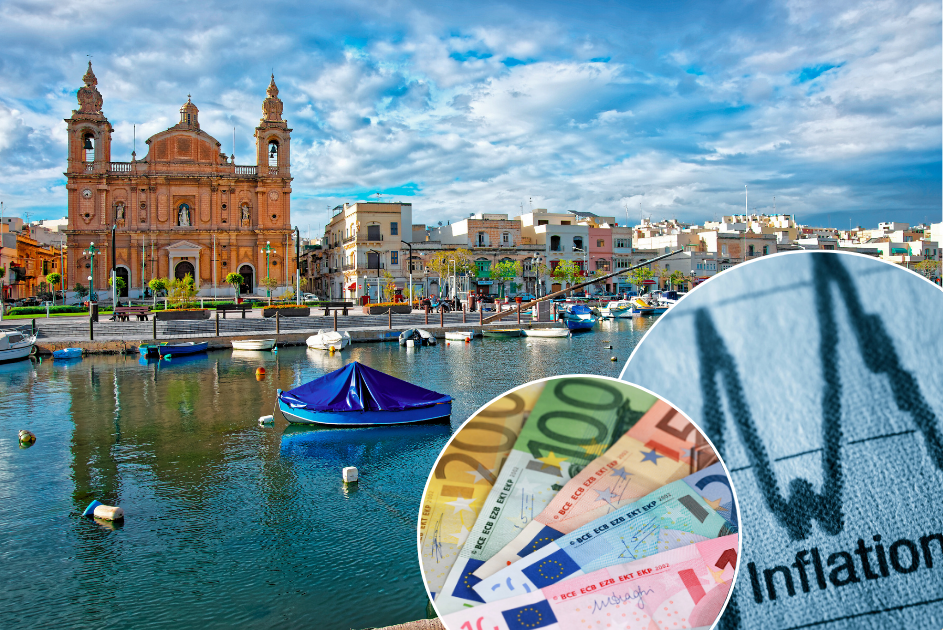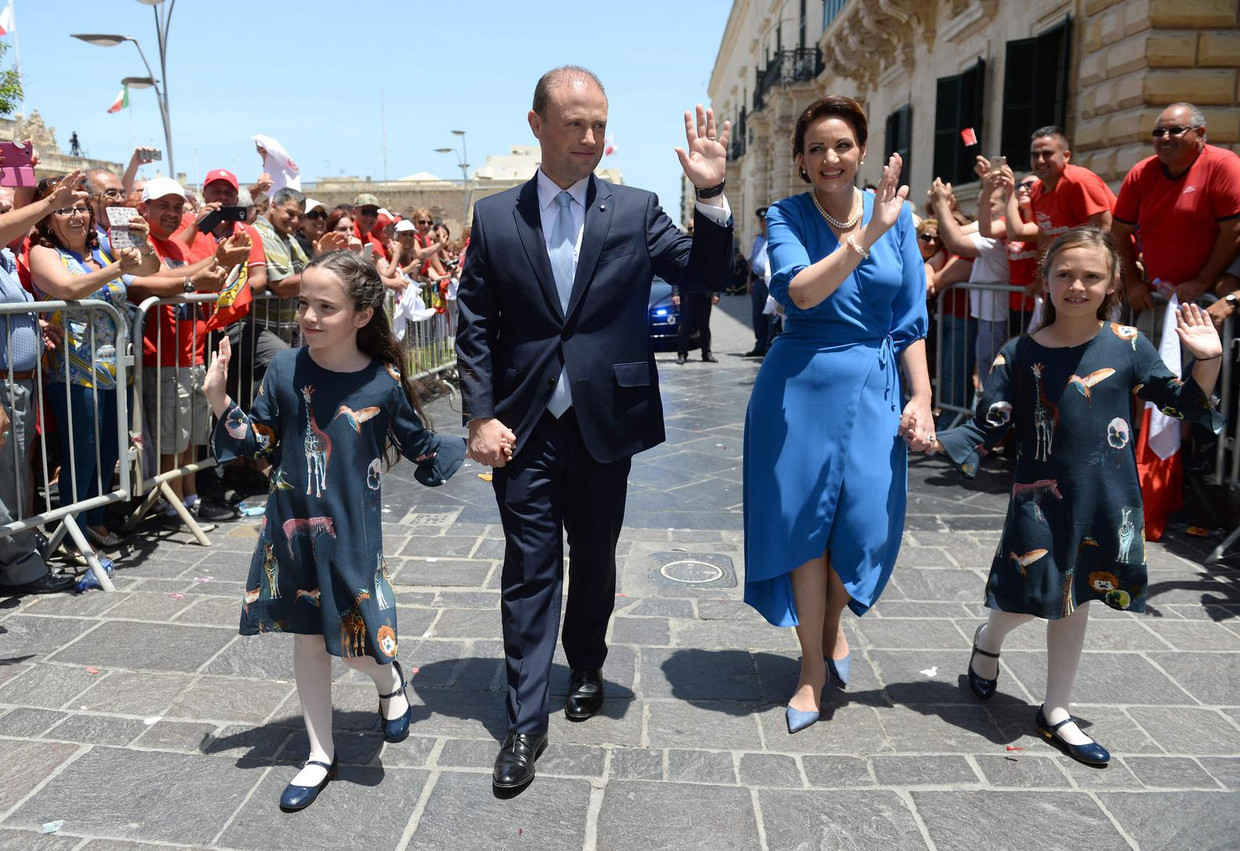Malta, a picturesque island nation in the Mediterranean, has often been praised for its rich history, beautiful landscapes, and vibrant culture. However, beneath the facade of a thriving economy lies a series of controversies surrounding the alleged misuse of taxpayer money by the government. In this article, we will explore five notable cases that have ignited public outrage in Malta, as citizens express concerns about the questionable allocation of funds.
The Vitals Global Healthcare Deal
One of the most significant scandals in recent years is the Vitals Global Healthcare deal. In 2015, the Maltese government entered into a 30-year concession agreement with Vitals Global Healthcare, a consortium, to manage three public hospitals: St. Luke’s Hospital, Gozo General Hospital, and Karin Grech Rehabilitation Hospital. The deal raised eyebrows due to its lack of transparency and the alleged financial mismanagement associated with it.
Critics argue that the agreement was not in the best interest of taxpayers, as it included a substantial financial commitment from the government, which some considered excessive. Moreover, allegations of corruption and cronyism in awarding the contract further fueled public anger. Eventually, the government terminated the agreement in 2017 amidst mounting pressure and investigations, but the financial implications of the deal continue to affect taxpayers.
The Electrogas Power Station Scandal
Another high-profile case that drew the ire of the Maltese public was the Electrogas power station scandal. In 2013, the government awarded a lucrative contract to Electrogas, a consortium that included prominent Maltese businessmen and Azerbaijani interests, to build a new natural gas power station. The project faced numerous allegations of corruption and cronyism, as well as concerns about the favorable terms granted to the consortium.
Critics argued that the contract was overly generous to Electrogas, leading to higher electricity prices for consumers. The controversy surrounding this deal prompted protests and calls for greater transparency in government contracts. The subsequent Panama Papers leak in 2016 also implicated some key figures in the government and intensified public demands for accountability.
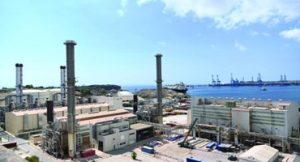
Golden Passport Scheme
The Maltese government’s “golden passport” scheme, which allowed wealthy individuals to obtain Maltese citizenship in exchange for significant financial investments, stirred controversy both domestically and internationally. The program raised concerns about the potential misuse of taxpayer money and the ethical implications of selling citizenship.
Critics argued that the scheme favored the wealthy elite, allowing them to buy Maltese citizenship while potentially avoiding taxes in their home countries. This led to accusations that Malta was facilitating tax evasion and money laundering. In response to international pressure and criticism, the government eventually amended the scheme in 2020, but the controversy surrounding it continues to taint Malta’s reputation.

Dubious Contracts for Public Infrastructure
A recurring issue in Malta has been the awarding of public infrastructure contracts under questionable circumstances. Numerous contracts for road construction, public buildings, and other projects have faced allegations of cronyism, corruption, and inflated costs.
One notable case involved the construction of a new government residence for the Prime Minister. The project was heavily criticized for its excessive budget and lack of transparency in the awarding of contracts. Similar controversies have arisen in various other infrastructure projects, leaving taxpayers concerned about whether their money is being used efficiently and fairly.

Excessive Government Spending on Consultancy Services
Malta has also faced criticism for its excessive spending on consultancy services provided by private firms. The government’s reliance on external consultants for a wide range of tasks, from public relations to policy development, has raised questions about the necessity and cost-effectiveness of these services.
Critics argue that some consultancy contracts appear to be awarded without competitive tender processes, potentially resulting in inflated fees. Moreover, the lack of transparency surrounding these contracts has fueled suspicions of cronyism and favoritism. Taxpayers have expressed frustration over the government’s seemingly unchecked spending on consultancy services while essential public services face budget constraints.

Conclusion
The misuse of taxpayer money in Malta has sparked outrage and raised serious questions about transparency, accountability, and ethical standards within the government. The cases mentioned here are just a few examples of controversies that have garnered widespread attention and criticism. As Maltese citizens continue to demand greater transparency and accountability, it remains to be seen how these issues will be resolved and whether taxpayer money will be used more responsibly in the future.



